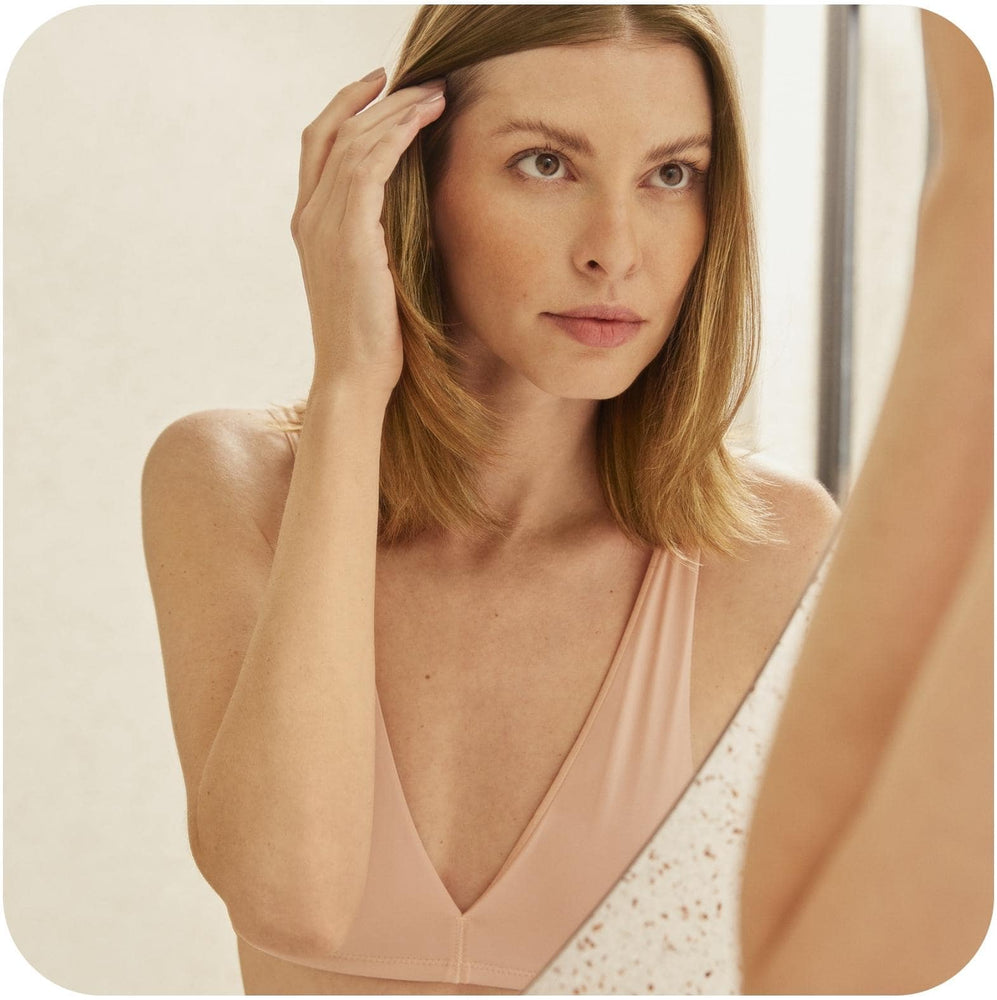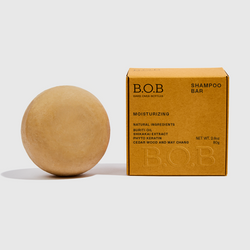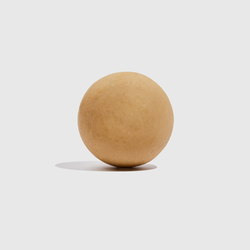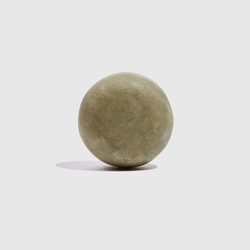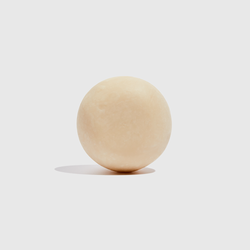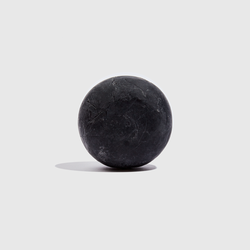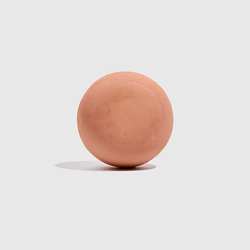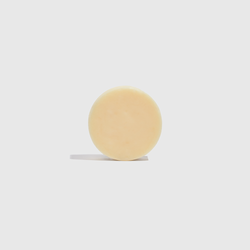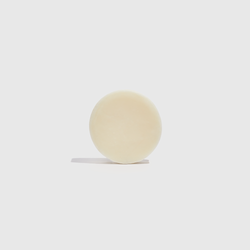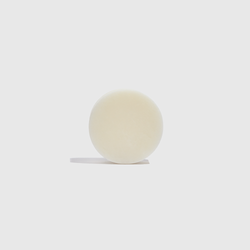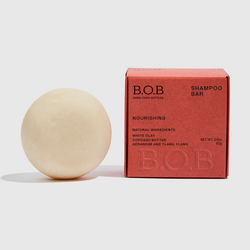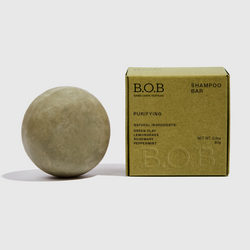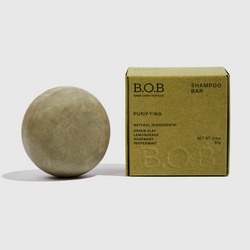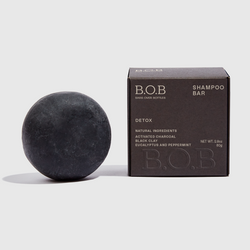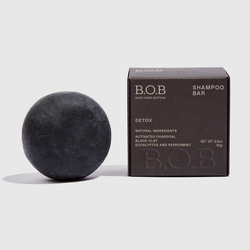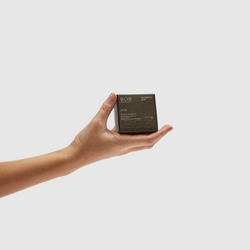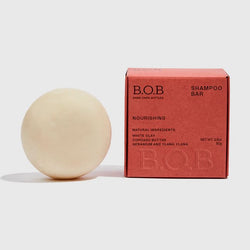Does Conditioner Make Your Hair Oily?
Index
- When does conditioner make your hair oily?: 7 mistakes to avoid
- 1. If you apply conditioner to your roots
- 2. If you use too much conditioner
- 3. If you let your conditioner sit too long
- 4. If you don’t rinse your conditioner out enough
- 5. If you are over-conditioning
- 6. If your conditioner contains silicones
- 7. If you are using the wrong product
- Say goodbye to grease!
If your hair is greasy seemingly right after showering, you may be wondering: “Does conditioner make your hair oily?” The answer is, it might – but it shouldn’t.
So when does conditioner make your hair oily, and how can you avoid it? Today, I’ll be talking about all the reasons your conditioner might not be working for you, so you never have to ask: “Why does conditioner make my hair greasy!?” ever again!
Conditioner does NOT make your hair oily when used properly but there are plenty of mistakes that many of us are making when it comes to our hair care routine. So if your conditioner does make your hair oily, it’s time to get to the bottom of the issue.
Here are the most common reasons and times that conditioner does make your hair oily – and what you can do about it.
When does conditioner make your hair oily?: 7 mistakes to avoid
If you’ve found yourself wondering: “Why does conditioner make my hair greasy?”, here are seven possible reasons your hair routine might not be working for you:
1. If you apply conditioner to your roots
When does conditioner make your hair oily? When you apply it to your roots.
Your roots don’t actually need any conditioner at all. That’s because your scalp produces sebum, a natural oil. If you apply a moisturizing conditioner on top of that, you’ll end up with a very oily scalp! That’s why it’s important to know how to wash oily hair.

When you apply your conditioner, it’s important to focus more on the ends. These are the oldest pieces of your hair, so they are more likely to have picked up damage over time. They are also the farthest from your scalp, so your natural oils won’t reach down to your tips.
In order to avoid making your hair oily, you should never apply conditioner above your ear level, and should focus the majority of your product at the ends of your strands.
2. If you use too much conditioner
The next situation where conditioner does make your hair oily is if you use too much of it. The amount of product you use will differ greatly depending on your hair type and hair length. But even if you have long, dry hair, you should never apply more than about two quarters worth of product.
If you apply excess conditioner, it can over-saturate your hair with moisturizing agents, weighing down your strands and leaving you with a greasy, lifeless look.
3. If you let your conditioner sit too long
Just as using too much product can negatively affect your hair, so can leaving your conditioner in for too long. You are absolutely meant to let your conditioner sit on your hair – that allows your hair to absorb all the gorgeous vitamins and oils from your product.
But you can have too much of a good thing.
If you leave your conditioner on for too long, it can make your hair feel oily and really weigh it down. That’s why most experts agree that you should let your conditioner sit for about 2 to 3 minutes, but make sure to read the directions on your specific product, as times will vary depending on the formula.
4. If you don’t rinse your conditioner out enough
When you wash your hair, it’s really important to ensure you rinse out 100% of your product. Unless, of course, you are using a specially formulated leave-in conditioner for curly hair, or some other leave-in product.

The average conditioner is not designed to be left on your hair. And, if you don’t rinse it out completely, it can absolutely contribute to grease. So, if you’ve found yourself wondering “Why does conditioner make my hair greasy?”, make sure you’re washing your hair out thoroughly in the shower!
5. If you are over-conditioning
Knowing how often to use conditioner is more important than you might think. If you are conditioning too often for your hair type, it could be a case when conditioner does make your hair oily.
How often you need to use conditioner can vary depending on genetics, your lifestyle, and the climate you live in. Generally speaking though, people with fine or oily hair shouldn’t use conditioner any more than 2 or 3 times a week.
So, if you’re using your conditioner daily, or even every other day, it might be time to cut back on usage. Remember: You don’t HAVE to condition your hair every time you use shampoo.
6. If your conditioner contains silicones
Many conditioners contain silicones that coat your hair shaft to lock in moisture and provide that effortlessly defined, frizz-free look. You might think this would be a good thing, but actually, that product continues to build up over time until (you guessed it) your hair begins to look limp and greasy.
When you have a lot of product built up on your hair, you need to take action to remove it. This is when many people reach for a clarifying shampoo – and that is another mistake. This harsh cleanse puts your hair on the defensive, and will cause your scalp to create even MORE oil.
So what should you do?
For one, you should avoid conditioners that contain silicones. You should also avoid clarifying shampoos altogether. If you think product buildup is why your hair is greasy, you should try a detox shampoo instead. This will remove buildup and impurities without stripping your natural oils.

If your current conditioner contains silicones, sulfates, or parabens, I recommend looking for a different product – and conditioner bars are a good place to start.
Most conditioner bars are made with natural ingredients, so they won’t damage or weigh down your strands. In fact, my conditioner bars are silicone-free, sulfate-free, paraben-free, AND plastic-free!
And if you don’t know how to use a conditioner bar, don’t worry. It’s extremely easy, and once you make the switch, you’ll never look back!
Of course, you also need to make sure you have the best conditioner bar for your hair type.
7. If you are using the wrong product
Last, but certainly not least, on my list of when conditioner does make your hair oily… is if you are using the wrong type of conditioner.
Believe it or not, your hair type plays a major role in which kind of conditioner you should be using. And, if your hair has been greasy after using your conditioner, it’s completely possible that your product is too moisturizing for your hair.
Some conditioners are made with dry or curly hair in mind, and these are deeply moisturizing conditioners.
But if you struggle with greasy hair days, that’s the last thing you want. You should actually be looking for a lightweight conditioner instead.

A lightweight conditioner bar is the best bar conditioner for fine hair and oily hair alike.
Although my Moisturizing Conditioner Bar may have “moisture” in the name, it’s actually incredibly lightweight. That’s why I recommend it as the best conditioner bar for oily hair.
This oily hair conditioner contains lightly moisturizing ingredients like mango oil and sweet almond oil to keep your hair soft and silky without weighing it down or making it greasy. If you’ve been battling grease, this conditioner bar for oily hair will be your new favorite product.
Say goodbye to grease!
With the right hair products, and the right technique, you can wave “so long” to greasy hair days. But, of course, a conditioner bar for oily hair is only half the battle. You might also want to take a look at the best shampoo bars for oily hair – so you can really perfect your routine.
Armed with the proper shampoo and conditioner for oily hair, nothing will be holding your back from having your very best hair days yet.

